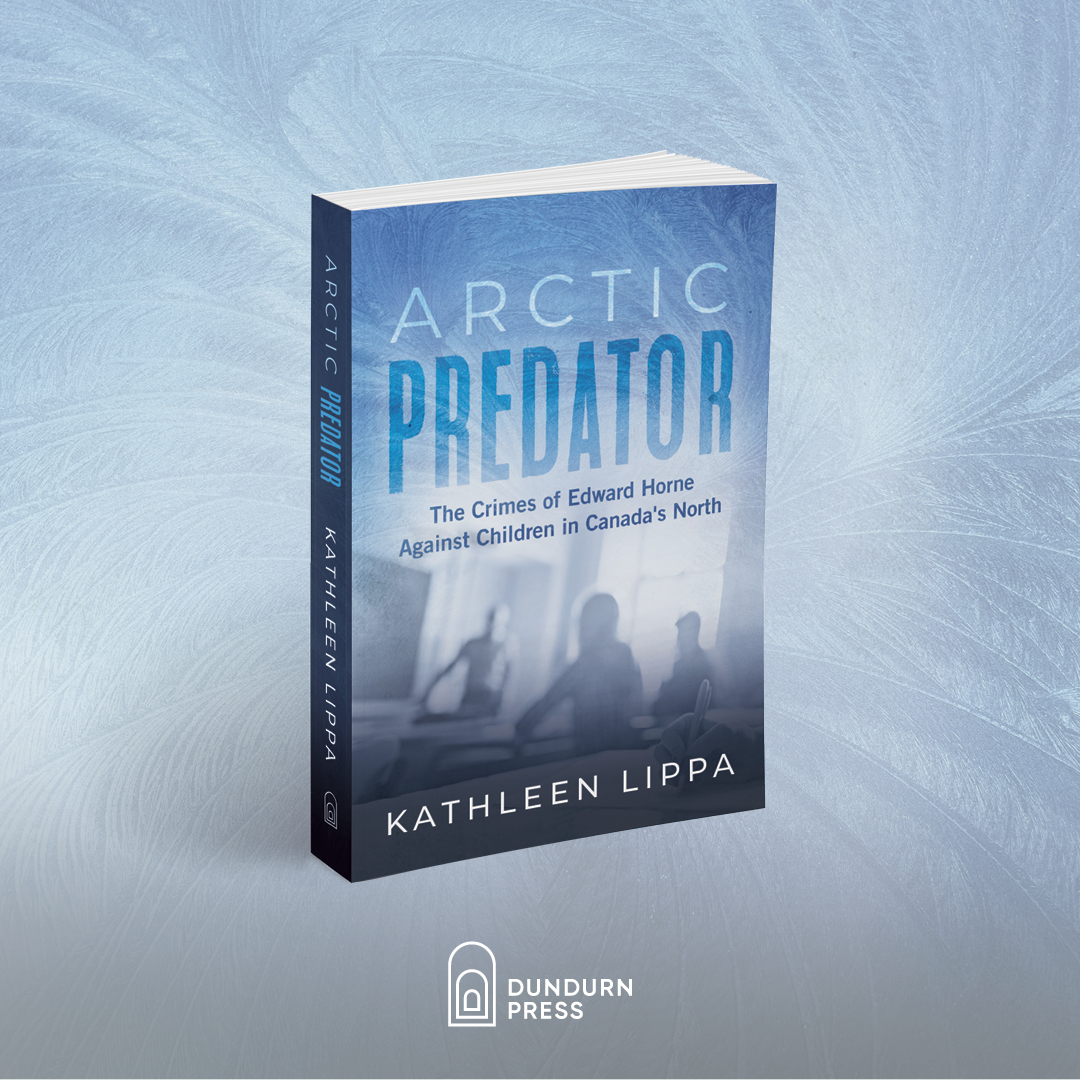California Review of Books – January 2025
Arctic Predator: The Crimes of Edward Horne Against Children in Canada’s North by Kathleen Lippa …
Praised as “an unforgettable book…a must read for anyone who cares about justice and the protection of children,” by journalist and award-winning author Michael Harris, Arctic Predator has been featured on CBC Radio across Canada including CBC Saskatchewan with Shauna Powers, Weekend AM in St. John’s with Heather Barrett, and Fresh Air with Ismaila Alfa in Toronto, and CTV Morning Live with Rosey Edeh in Ottawa.
49th Shelf named Arctic Predator one of the “Most Anticipated” non-fiction books of Spring 2025. (49thShelf.com is produced by the Association of Canadian Publishers with financial support from the Department of Canadian Heritage and Ontario Creates.)
Interviews with Kathleen about the writing of Arctic Predator and reporting on the book’s development and impact have appeared in The Seaboard Review of Books, The Telegram (Saltwire), Nunavut News/North, Cabin Radio (Yellowknife), Nunatsiaq News, The California Review of Books, The Winnipeg Free Press, BookTrib, and The Bookshelf Cafe News . You can also hear Kathleen talk about Arctic Predator on The New Books Network podcast, The Brian Crombie Hour, and The Artsy Raven podcast. The National Post, writer Rob McLellan’s blog, and Rabble.ca also featured Arctic Predator when it was released.
A #1 Bestseller on Amazon when it was released in February 2025, Arctic Predator enjoyed successful book launches: Perfect Books in Ottawa on March 25, 2025, and at Indigo in St. John’s on April 4, 2025.
ABOUT THE AUTHOR
Kathleen Lippa is a member of The Writers’ Union of Canada, and on the board of Kittiwake Ballet in St. John’s, Newfoundland and Labrador. Click ‘About’ for Author Bio.
UPDATE: The death of Edward Horne (on Tuesday, July 29, 2025) has been covered in following news media: TV Azteca Guate (Guatemala), Nunatsiaq News (Iqaluit), Prensa Libre newspaper (Guatemala), and Ruda (news and media website, Guatemala).
Arctic Predator: The Crimes of Edward Horne Against Children in Canada’s North by Kathleen Lippa …
Ed Horne, a notorious sexual abuser of Inuit boys in the 1970s and 1980s, is …
Kathleen Lippa can be reached by e-mail: kathleenlippa@gmail.com
